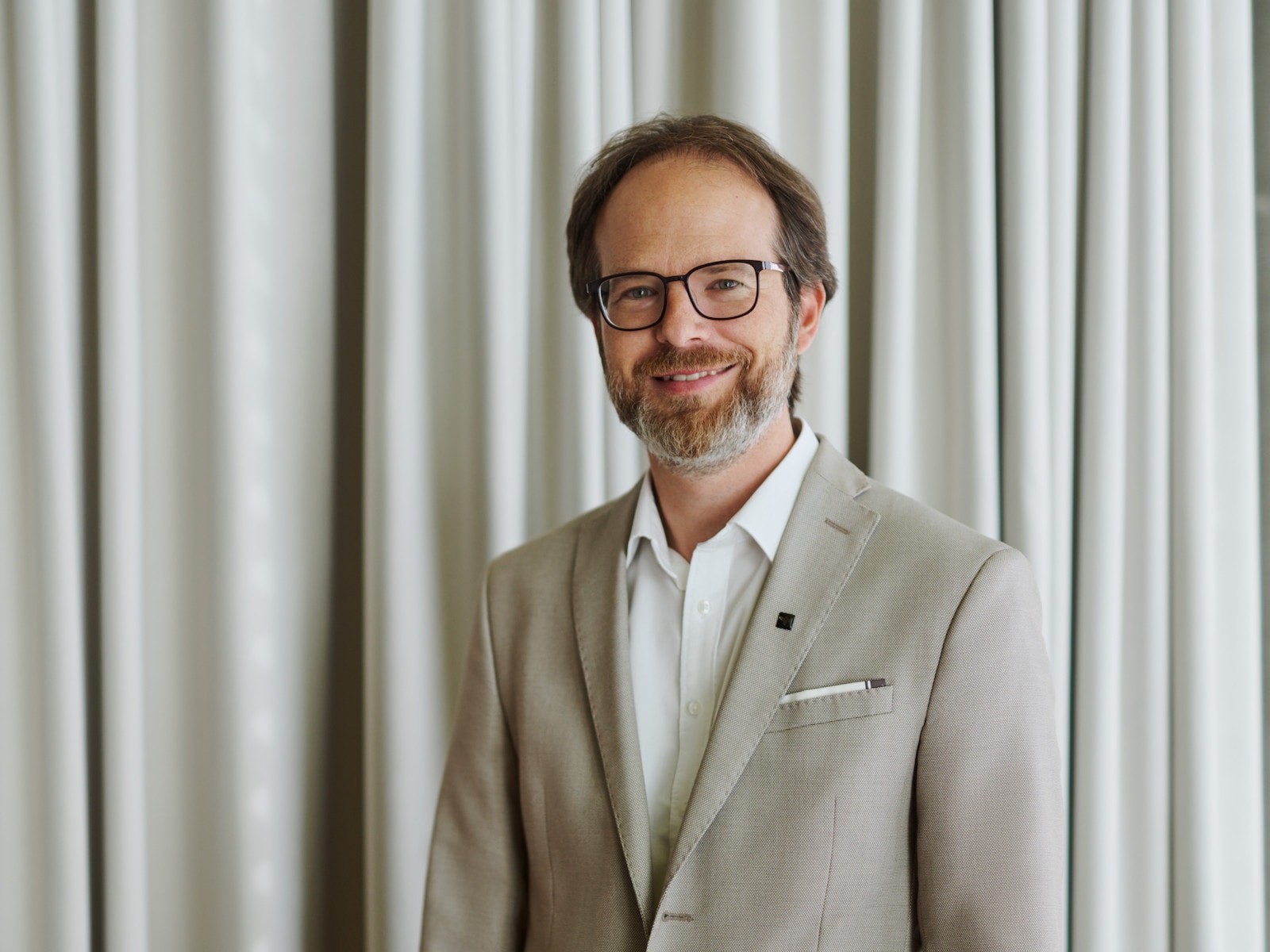Europe’s Futures is ERSTE Foundation’s partnership initiative with the Institute for Human Sciences, Vienna. In a rapidly changing global environment it aims to understand and address the challenges confronting Europe and the European Union. At the core of the program are the issues of democracy, the rule of law, migration dynamics and further enlargement of the EU as well as other internal and external issues. The sixth cohort of Europe’s Futures Fellows in the academic 2023/24 is comprised of eight prominent experts who will present their research in presentations and public events throughout the month of September.
After the full-scale Russian invasion of Ukraine, the unresolved issues in the Western Balkans have been rediscovered by policymakers as a potential for destabilising the region itself and Europe. The latest EU-Sponsored arrangement, the Basic Agreement between Kosovo and Serbia, aims to remove the potential for instability between Kosovo and Serbia and to unblock and accelerate the regional cooperation and integration in the Western Balkans. However, internal politics in both Kosovo and Serbia have hindered implementation of the initial steps in the process and threaten further complications fueled by rising nationalism, governance issues and deep political divisions. In this debate, Europe’s Futures Fellows Ilir Deda and Vladimir Arsenijević will, among other, weigh in on the state of democratization efforts in Kosovo and Serbia and the effects of benign and malign foreign influences in these two countries.
Ilir Deda has over two decades experience of work in national, regional and international public and non-governmental institutions. His work has influenced decision-making and policy development both at national and international level in Kosovo, and of the Western Balkans within the framework of the Berlin Process and EC implementation of the Common Regional Market (CRM). He has extensive knowledge of national, regional, and international affairs, governance, democracy and security, and overall institution building. Deda worked at the Regional Cooperation Council (RCC); was a two-term elected MP at the Assembly of Kosovo; led KIPRED Institute in Pristina; was a researcher at the Geneva Centre for Security Policy; Analyst for the International Crisis Group (ICG) in Kosovo. He also served as chief of staff of President Jahjaga.
Vladimir Arsenijević is a writer and public intellectual from Serbia. He won the 1994 NIN Prize, the most significant literary award in former Yugoslavia, for his first novel In the Hold (U potpalublju) as the youngest ever recipient of the prestigious prize. The anti-war novel, which takes place during the Battle of Vukovar in autumn 1991, was one of the first works published in Serbia to discuss the violent disintegration of Yugoslavia from the perspective of those who lived in Belgrade at the time. Arsenijević made a name for himself in Serbia and other countries of the region, as an outspoken columnist and sociopolitical commentator. As in his novels, his columns and public appearances are dominated by recent Balkan history and politics from the Serbian perspective, though one that is very critical of the Serbian nationalism, political system, its relations with other states in the region and its role in the Yugoslav Wars.
Misha Glenny, IWM Rector, will host and moderate the event.
Event registration: Europe’s Futures Colloquium with Ilir Deda and Vladimir Arsenijević | IWM
Cover picture: Ukrainian and EU Flags, Dusan_Cvetanovic from Pixabay



